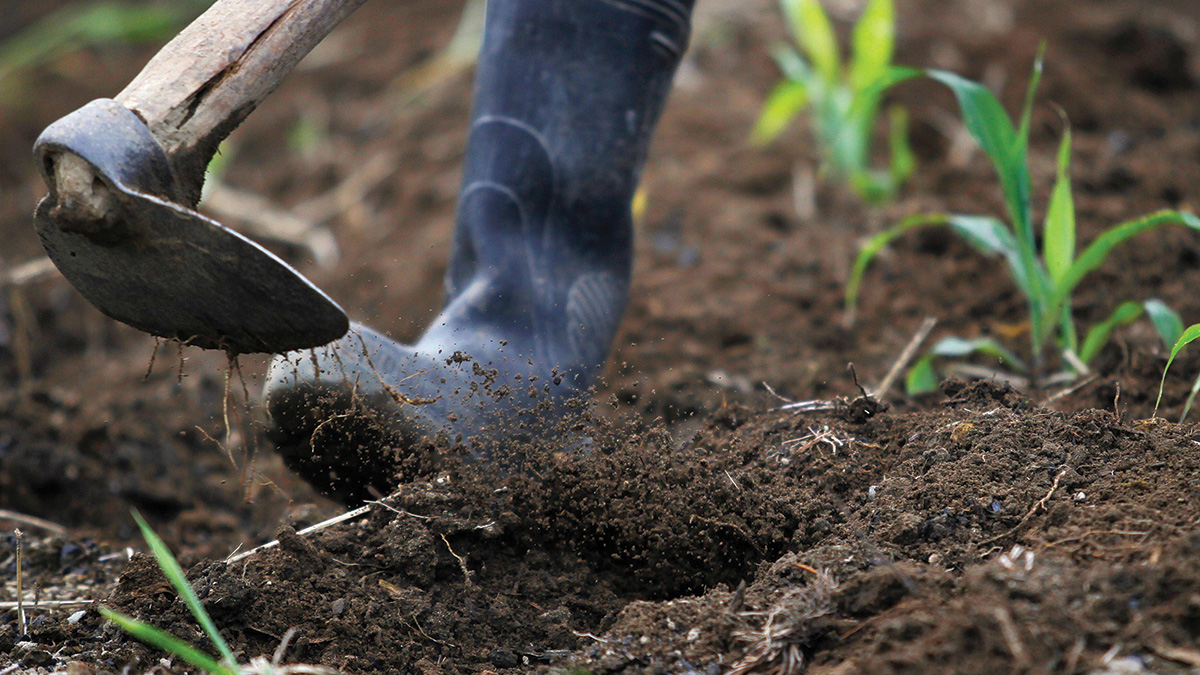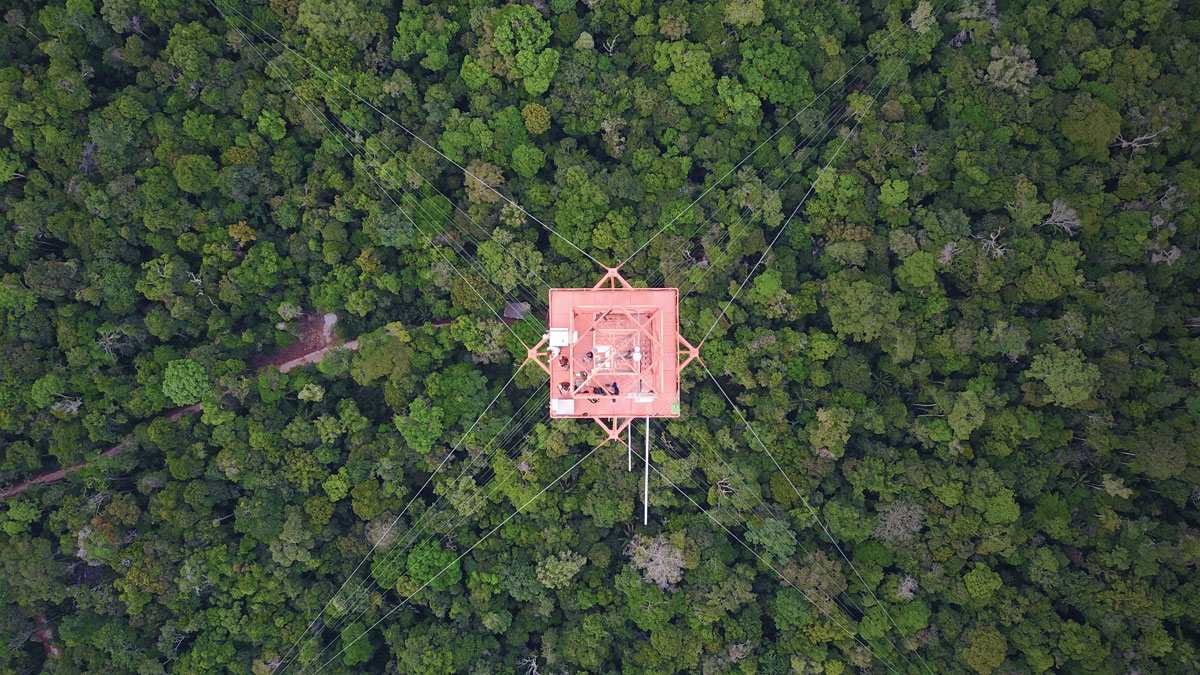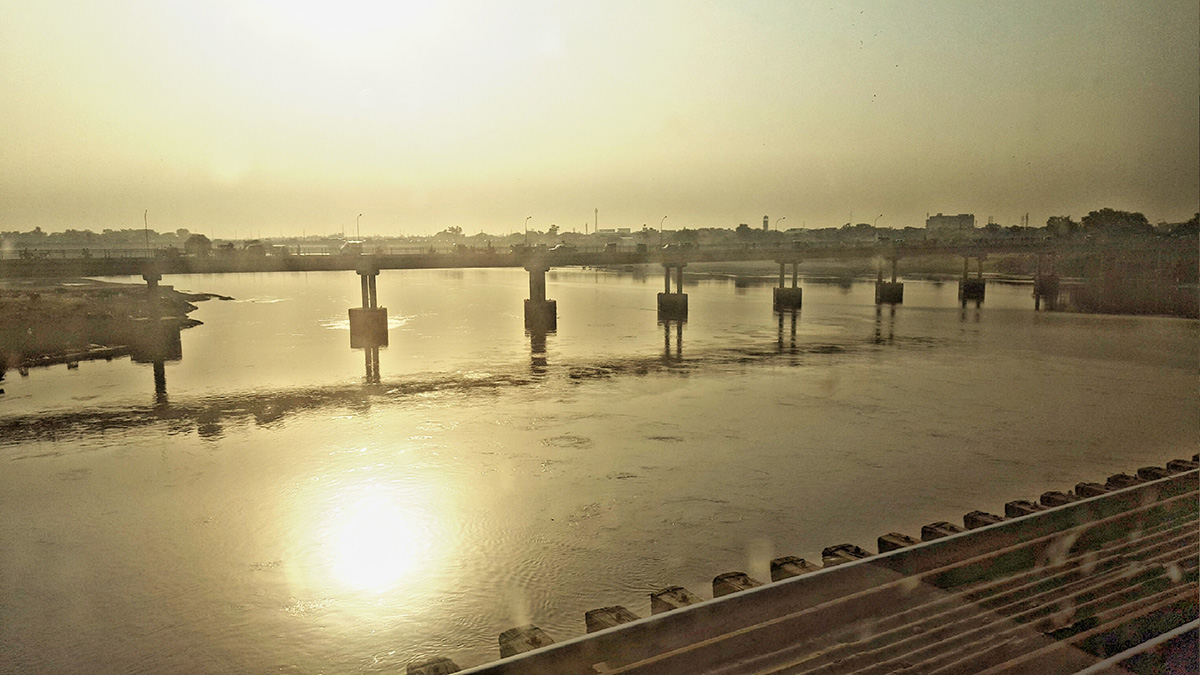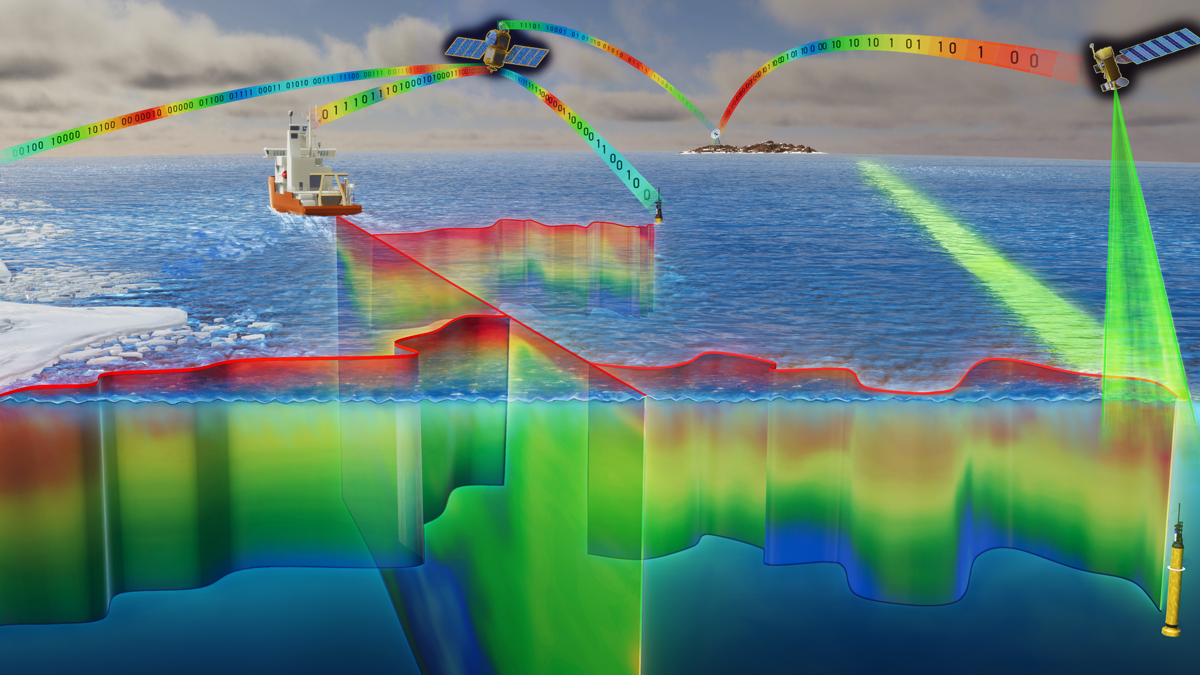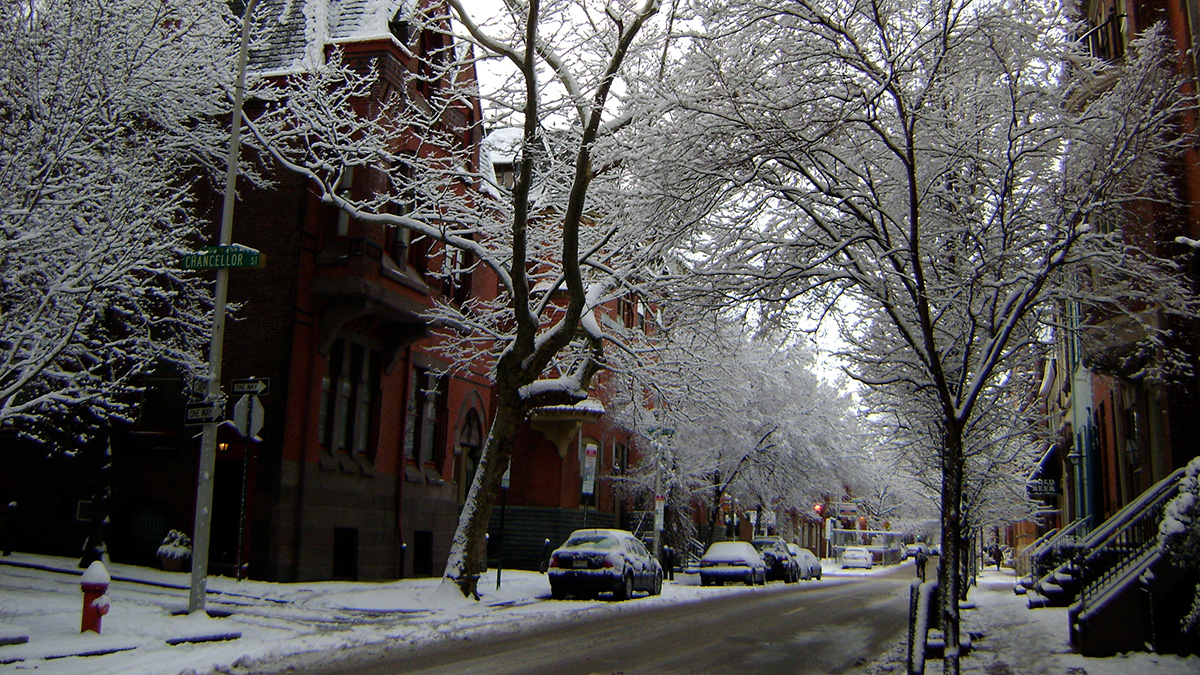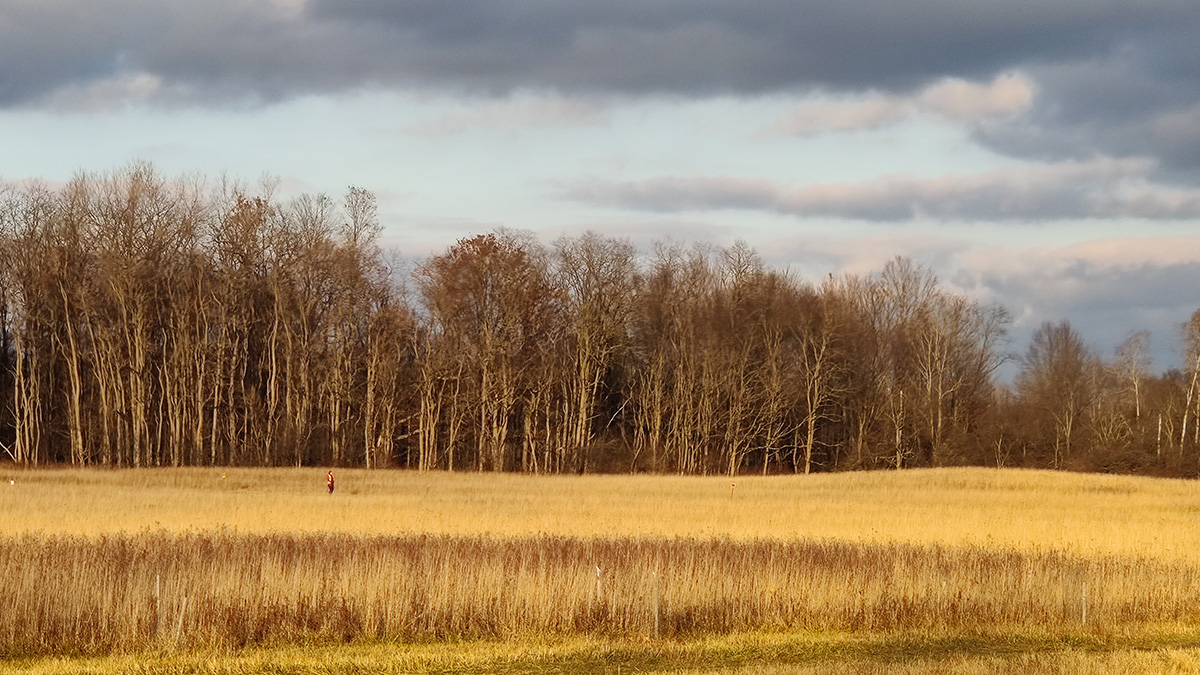Fertile terra preta soils were created through centuries of carefully managed land use. Scientists are taking cues from these soils to better sequester carbon and improve soil for agriculture.
Health & Ecosystems
Africa’s Earth, Wind, and Fire Keep the Amazon Green
Jet streams sprinkle North African dust over the Amazon, providing the rain forest with much needed nutrients. Changing wind patterns and increasing smoke may shift the system.
Pharmaceuticals Found in Rivers on All Continents
A quarter of 258 observed rivers had unsafe levels of at least one drug. The findings raise concerns about Earth’s aquatic life and the global threat of antimicrobial resistance.
A Global Ocean Biogeochemical Observatory Becomes a Reality
Building on the successful Argo network of seafaring temperature and salinity sensors, work is underway to deploy 1,000 floats equipped to study ocean biogeochemistry in greater detail than ever.
Estimating Heat Wave Frequency and Strength: A Chicago Case Study
Numerical modeling shows widespread impacts of the 2012 Chicago heat wave, shedding light on heat wave and urban heat island impacts on the city’s temperature.
Road Salts Linked to High Sodium Levels in Tap Water
Use of deicing agents may sometimes raise sodium levels in drinking water beyond healthy limits for people on salt-restricted diets.
¿Cuánto tiempo permanecen las partículas de carbono negro en la atmósfera?
Investigadores descubren cómo el carbono negro evoluciona de partículas hidrofóbicas a sitios de nucleación de nubes, removiendo eventualmente las partículas que absorben calor del cielo.
Forest Edges Are More, Not Less, Productive Than Interior Forest
The boundaries of northeastern U.S. forests suck in more carbon dioxide than previously thought.
A Simple Model Predicts Household Lead Exposure Risk
Using both sample data and crowdsourced science, a new model effectively identified houses at risk for higher concentrations of lead.
Which Came First, the Eruption or the Landslide?
Anak Krakatau’s eruption was accompanied by a devastating tsunami. But was the eruption to blame?

